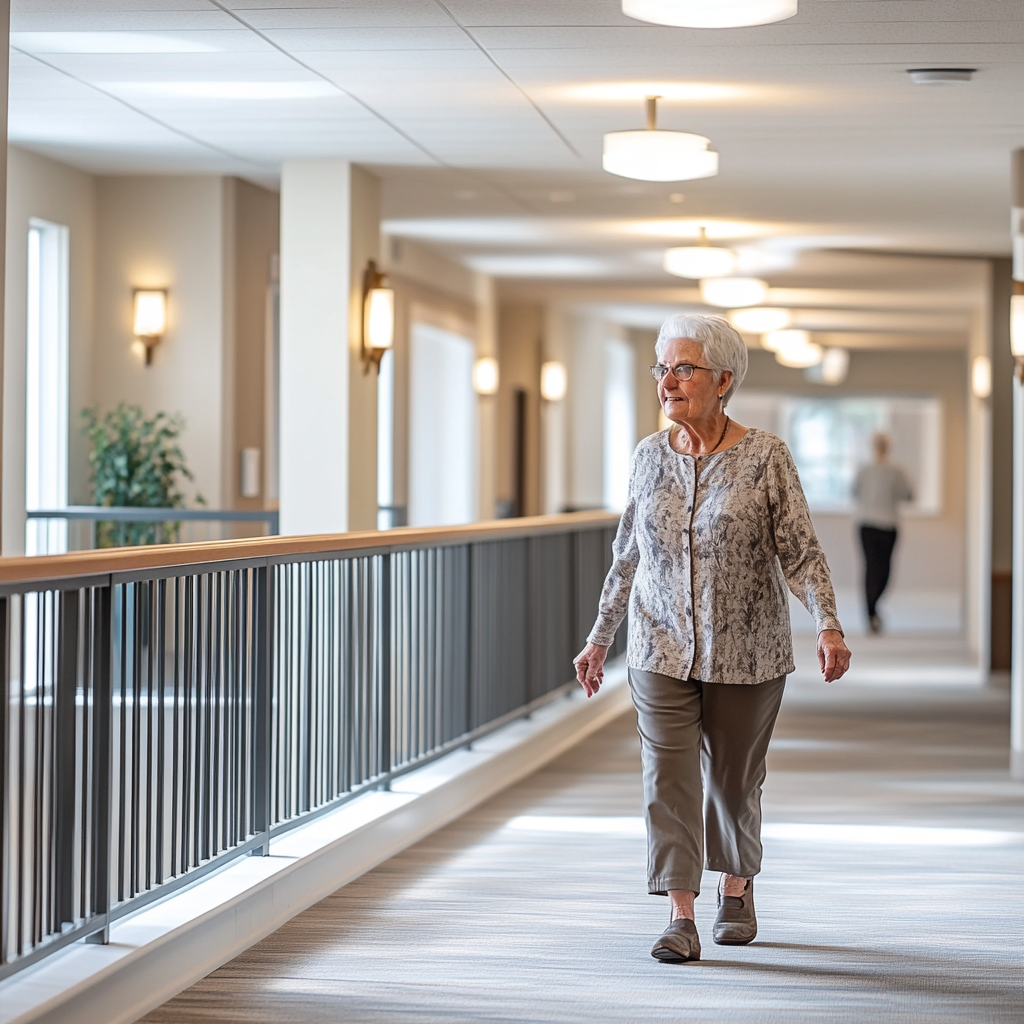For families considering South Florida assisted living, the decision often comes with a wave of conflicting emotions. There’s relief in knowing support is available, but also worry–that in choosing safety, a loved one may lose something deeply personal: their independence. It’s a fear that’s understandable, but ultimately rooted in a misunderstanding of what assisted living really offers.
In truth, the best assisted living communities don’t take independence away–they protect it. They create an environment where older adults can thrive on their own terms, with support available only when needed. Independence isn’t lost. It’s redefined.
Rethinking Independence in Aging
Our cultural definition of independence often emphasizes self-reliance–doing everything on your own, without asking for help. But as we age, this version of independence can become burdensome and, at times, dangerous. Managing medications, cooking every meal, and maintaining a home can turn into daily stressors that undermine quality of life.
Assisted living offers a different model: one where residents maintain autonomy over their schedules, decisions, and interests, while no longer being held hostage by the challenges of aging alone. When done well, assisted living replaces the exhausting parts of independence with the empowering ones.
The Myth: Independence Means Living Alone
One of the biggest misconceptions about assisted living is that accepting help is the same as giving up freedom. But true independence isn’t about isolation. In fact, many older adults living alone face silent risks: social disconnection, missed medications, unattended falls, and nutritional neglect. What looks like independence from the outside may, in reality, be quiet vulnerability.
In assisted living, the goal is not to do everything for residents–it’s to create a setting where they can do more, safely. It’s not about limiting choices; it’s about preserving the ability to make them confidently.
The Reality: Support Can Enhance Freedom
It’s a quiet irony that the very things we associate with independence–managing a household, preparing meals, staying on top of medications–can, over time, become the greatest obstacles to it. For older adults, daily tasks that once felt second nature can gradually begin to chip away at energy, confidence, and safety. And yet, asking for help often feels like surrender.
Assisted living facilities offer a balance of independence and support, helping older adults maintain their autonomy while receiving necessary assistance. When meals are prepared with care, medications are managed professionally, and staff are nearby to assist when needed, residents are freed to focus on what matters most: relationships, hobbies, movement, and peace of mind. Many rediscover passions they’d set aside or find new joy in structured activities and spontaneous connections.
With the right environment, help becomes a quiet partner in independence, not a replacement for it.
Balancing Privacy and Assistance
A quality assisted living community respects boundaries. Residents have private apartments they can furnish and decorate as they please. They choose when to wake up, what to eat, and how to spend their time. Staff are available 24/7, but they’re not intrusive. They step in when needed and step back when not.
This balance is what allows residents to feel both safe and in control. For many families, it’s this nuance that brings the greatest relief, knowing that support is nearby with individualized care, but independence is preserved.
Safety Without Sacrifices
Safety is a critical concern for families, and assisted living communities are designed with this in mind. Features like emergency call systems, accessible bathrooms, secure entryways, and fall-prevention flooring are standard. But the environment doesn’t feel clinical–it feels like home.
Staff are trained not only in physical care, but also in recognizing the emotional and cognitive needs of aging adults. Medication management systems prevent missed doses or dangerous interactions. And unlike private homes, assisted living settings are staffed around the clock to respond to emergencies quickly and effectively.
These safety measures don’t replace autonomy–they protect it.
Emotional Benefits of Balanced Care
When seniors feel safe and supported, their confidence grows. Anxiety diminishes, and so does the fear of being a burden. They’re more likely to engage in social activities, form new friendships, and maintain a positive outlook.
Families benefit as well. With the pressures of caregiving eased, relationships can return to what they were meant to be: parent and child, not patient and nurse. Visits become more joyful. Conversations become more relaxed. And everyone sleeps a little better at night.
Independence Reimagined
The move to assisted living is not an end–it’s a transition into a new kind of independence. One rooted in dignity, enriched by community, and supported by care.
At Courtyard Gardens, we believe in giving residents the space and support to live life fully, on their own terms. We don’t replace independence–we nurture it.
To learn more about how assisted living can empower your loved one, schedule a tour or connect with our care team today.


